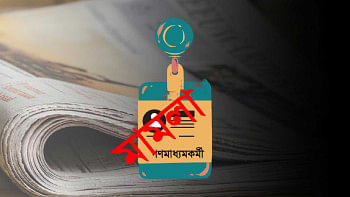Tension between China and Australia over commodities trade
Australia's ties with top trade partner China soured in 2018 when it became the first country to publicly ban China's Huawei from its 5G network, and worsened after Canberra called for an enquiry into the origins of the coronavirus.
Tit-for-tat diplomatic reprisals have since followed, including raids on the homes of Chinese journalists in Australia, evacuation of some Australian journalists from China and a raft of trade measures imposed by China on Australian exports.
China is by far Australia's top overall export market, worth $104 billion in 2019, according to the International Monetary Fund (IMF), so a lasting severing of trade ties could damage the Australian economy.
Australian shipments of beef, barley and coal worth billions of dollars have been the most impacted by recent measures, and China has been able to find alternative supplies easily.
Iron ore - Australia's top export and a critical ingredient for China's massive steel sector - has been spared so far from any crossfire, as has Australian LNG.
Here is a timeline of how commodities markets have been impacted by the mounting tensions between the countries:
Australia said it was "extremely disappointed" after China imposed temporary anti-dumping measures on Australian wine imports from Nov. 28.
China has found coal imports failed to meet environmental standards amid stalled Australian shipments Australian coal arrivals to China are expected to slow in the near future and the share of China's coal imports from Australia fell to 26 per cent in October.
Meanwhile, China cut imports of Australian copper concentrate by more than half in October.
Australia's Woodside Petroleum shelved talks to sell stakes in a gas field and liquefied natural gas (LNG) project to Chinese firms because of the diplomatic row.
China rejects Australia's appeal to scrap anti-dumping and anti-subsidy duties totalling 80.5 per cent on its barley exports.
Beijing banned barley shipments from Australia-based grain exporter Emerald Grain, owned by Japan's Sumitomo Corp.
Australia stopped rock lobster shipments to top market China, after Beijing imposed new live seafood inspections that include checks for traces of minerals and metals.
China bans Australian timber after pests found from the Victoria state. Earlier, China's Foreign Ministry said customs repeatedly found biohazards in Australian timber after media reports that Beijing had halted timber imports from Australia's northeastern Queensland state.
China's Foreign Ministry said reduced imports of Australian products like wine, coal and sugar were the result of buyers' own decisions, after media reports stated that Beijing had warned importers to stop buying a range of Australian goods.
China is expected to block imports of sugar, red wine, lobster, barley, coal and copper ore and concentrates from Australia, according to the media reports.

 For all latest news, follow The Daily Star's Google News channel.
For all latest news, follow The Daily Star's Google News channel. 



Comments